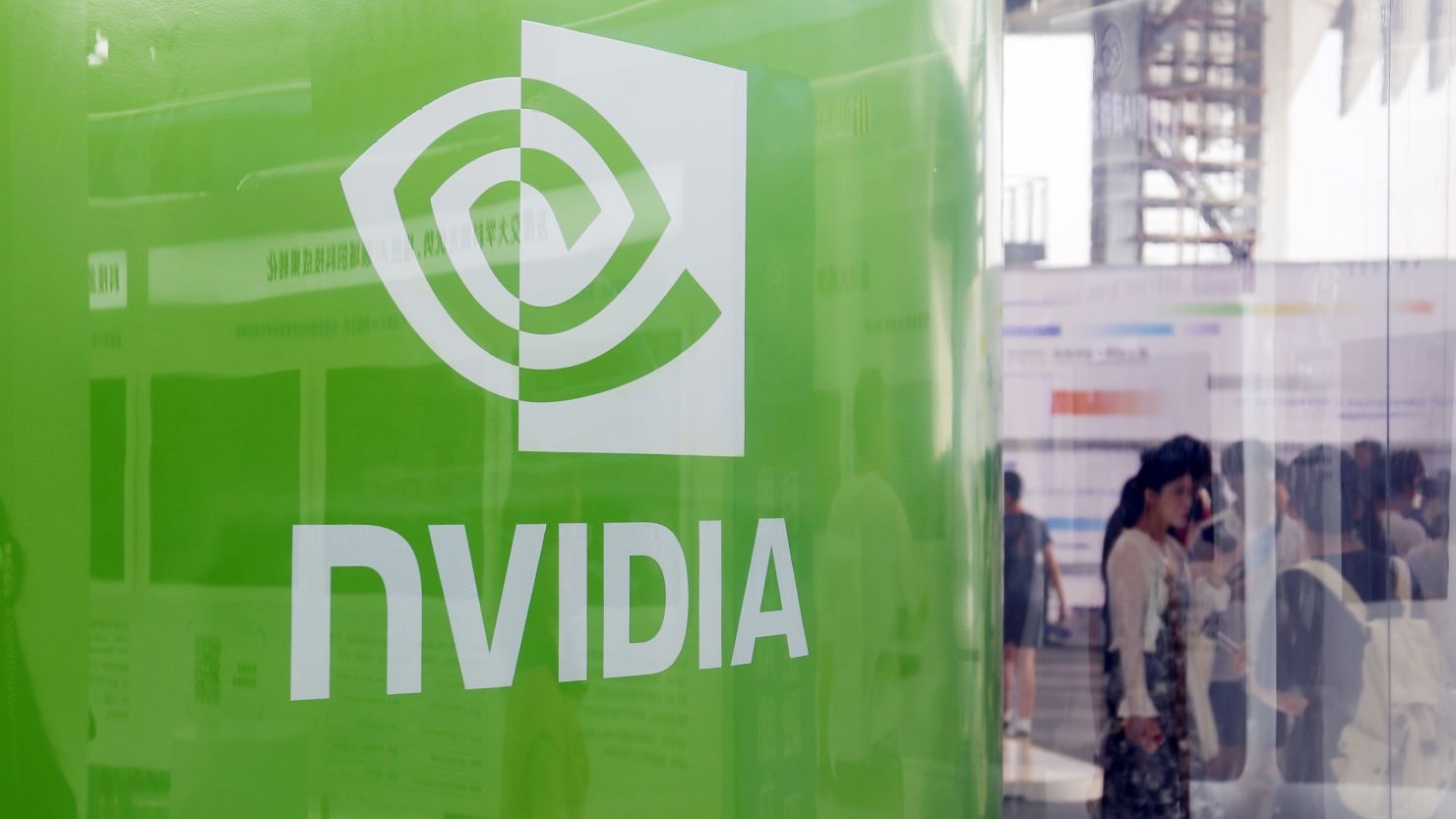Nvidia, the world’s leading chipmaker in the artificial intelligence (AI) space, has secured approval from the Trump administration to sell its advanced AI chips to China.
CEO Jensen Huang made the announcement while speaking to reporters in Beijing, marking a significant development in the ongoing U.S.-China tech trade tensions.
“Today, I’m announcing that the U.S. government has approved our license filings to begin shipping H20s,” Huang stated.
He made reference to Nvidia’s high-performance H20 chips, which are crucial for training and deploying AI systems.
The announcement was also confirmed in a company blog post on Monday.
It stated that the U.S. government had given Nvidia assurances that licenses for exports would be granted and that the company expects to begin shipments soon.
Strong Demand from Chinese Buyers
Following the announcement, demand for the H20 chips surged among Chinese buyers, according to early market reports.
Huang’s visit to China comes amid a flurry of attention on Nvidia’s role in the global AI arms race and the company’s efforts to maintain its presence in the world’s second-largest economy despite geopolitical friction.
“It’s so innovative and dynamic here in China that it’s really important American companies are able to compete and serve this market,” Huang said.
Huang comments came in an interview broadcast on China’s state-run CGTN and reposted on X (formerly Twitter).
He emphasized China’s importance in the AI research landscape, noting that nearly half of the world’s AI researchers are based in the country.
Strategic Visit and High-Level Talks
Huang is currently in Beijing attending the China International Supply Chain Expo, where Nvidia is participating as an exhibitor.
He has held meetings with Chinese officials, including Ren Hongbin, head of the China Council for the Promotion of International Trade, which is organizing the event.
The trip follows Huang’s recent meetings with former U.S. President Donald Trump and other American policymakers, as Nvidia continues to navigate the tightening web of export regulations.
U.S.-China Tech Tensions and Export Restrictions
The U.S. government has been imposing stricter controls on technology exports to China over national security concerns, particularly focusing on AI chips that could be repurposed for military use.
Washington has justified the restrictions by citing risks of dual-use technology, originally developed for civilian purposes—being diverted to bolster China’s military capabilities.
In January, before Trump began his second presidential term, the Biden administration introduced a new regulatory framework for exporting AI chips.
The framework aimed to strike a balance between safeguarding national security and protecting the business interests of American tech firms.
However, in April, the Trump White House moved to further tighten those rules, specifically restricting the sale of Nvidia’s H20 and AMD’s MI308 chips to Chinese customers.
Financial Impact and Lobbying Efforts
Nvidia had previously warned that these tighter export controls would have a significant financial impact, estimating a loss of approximately $5.5 billion due to blocked sales.
Huang and other tech executives have been lobbying for a rollback of these restrictions, arguing that cutting off access to the Chinese market would ultimately hurt U.S. companies’ global competitiveness.
They’ve also raised concerns that overly restrictive policies could inadvertently accelerate China’s push for self-sufficiency in AI technology and potentially shift global demand toward Chinese alternatives.
Nvidia’s Meteoric Rise and Global Stakes
Nvidia’s stake in the AI revolution is substantial.
The company recently made headlines by surpassing a $4 trillion market valuation, making it the most valuable semiconductor firm in history.
Its graphics processing units (GPUs) power many of the world’s most advanced AI models, making it a cornerstone of AI development both in the West and globally.
Despite its success, the company remains caught in the middle of a geopolitical struggle over technology leadership, particularly in artificial intelligence.
While the latest license approval marks a short-term win for Nvidia, it also highlights the ongoing uncertainty that defines U.S.-China tech relations.
With Nvidia cleared to resume shipments to China, all eyes are now on how the administration balances economic interests with national security concerns as competition in AI continues to intensify.







